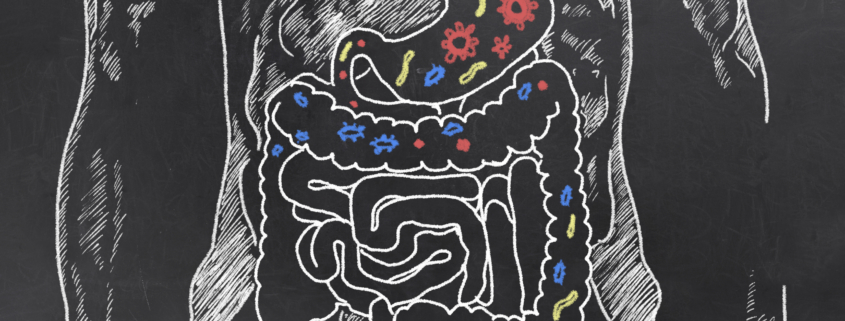Digesting Emotions: What’s Gut Health Got to do with it?
According to ancient Taoist philosophy, we literally digest emotions. We have to process them. Starting in the mouth, we take in information from the outside world through taste and chewing. In the stomach and small intestines, we break stuff apart and sort through it to understand what’s there. Then, in both the small and large intestines, we differentiate what to assimilate and what to discard. We acknowledge this concept in our language: upsetting emotions can leave a bad taste our mouths or we simply can’t stomach something.
Scientific knowledge validates ancient wisdom. We are beginning to understand the profound role of gut neurotransmitters and gut flora in influencing emotions. The science on the gut-brain connection articulates how stress and emotions influence digestion, and how imbalances in the digestive tract can also impact mood.





